In The News
- Home
- /
- News & Events
- /
- In The News

Here We Go Again
A recent EPA letter sent to Senator’s Markey and Warren and Representative Keating included an appendix that revealed that the Massachusetts National Guard has made changes to the proposed multipurpose machine gun range (MPMGR). The modifications are characterized as a response to EPA’s concerns about the threat to the Upper Cape’s water supply. If it is what the Guard says it is, then the modifications are an abject failure.
The Guard’s new proposal, which has received no public review at all, fails to reduce or eliminate the core threats to the water supply. Worse, it may well be a deception that is really nothing more than a temporary reduction in size to bring the construction cost in line with the funds already appropriated for the project, which will then be fully built out later when more money becomes available.
The Guard’s stated rationale for the MPMGR project was that it was needed to comply with Department of Defense requirements for training for troop certification. Resisting calls to scale the project back, the Guard has steadfastly insisted that 10 firing lanes were necessary and that 1500-meter M2.50 caliber machine gun lanes were what was necessary to meet the training required by the Department of Defense. When the Guard sought construction bids for the project, the bid costs were more than $15 million, which exceeded the $9.2 million appropriated for the project. Faced with a funding shortfall and an appropriation that expires on September 30, 2024, all of a sudden and with no public discussion the Guard has revised the proposal to eliminate two lanes and the 1500-meter M2 .50 caliber machine gun lanes. Not a word has been said about how that scaled-down facility now meets training certification standards.
Rather than be a response to the EPA, the scaled-down proposal sure looks like a classic case of segmentation. Segmentation is a practice that breaks projects into pieces to avoid confronting the overall impact of full build out until it’s too late. Segmentation is also prohibited under the Massachusetts Environmental Policy Act. EPA should not fall for this, nor should the Massachusetts Environmental Commission allow it.
The revision to the proposal is suspicious for another reason as well. The scaled-down proposal is now almost identical to the new range recently constructed at Fort Devens in central Massachusetts, located on top of no one’s water supply. If the rationale for the JBCC range was that the Devens facility was inadequate for their needs, how does building the same thing on top of the Cape Cod water supply make any sense?
Sometimes the obvious answer is the right answer, and this proposal makes no sense. Rather, it is another obvious clue that what is proposed is just the beginning and not the end of what the Guard intends to build.
Even if you put aside all of what has been discussed above, the revised proposal is wrong for Cape Cod because it relies on the same model of behavior from the Guard that created the Superfund Site at JBCC where $1.2 billion of your tax dollars have been spent cleaning up hazardous waste. The proposed management plan for the MPMGR is still based not on pollution prevention but on monitoring and clean up, at public expense, of new pollution sources documented to occur based on the EPA analysis. This is simply unacceptable. APCC will detail the specific deficiencies in the proposal in the coming weeks, but this revised plan is not protective of our drinking water.
Everyone concerned with protecting our drinking water needs to refocus on this ongoing threat. We at APCC will do our best to keep you informed as things develop from here. This isn’t over, not by a long shot.
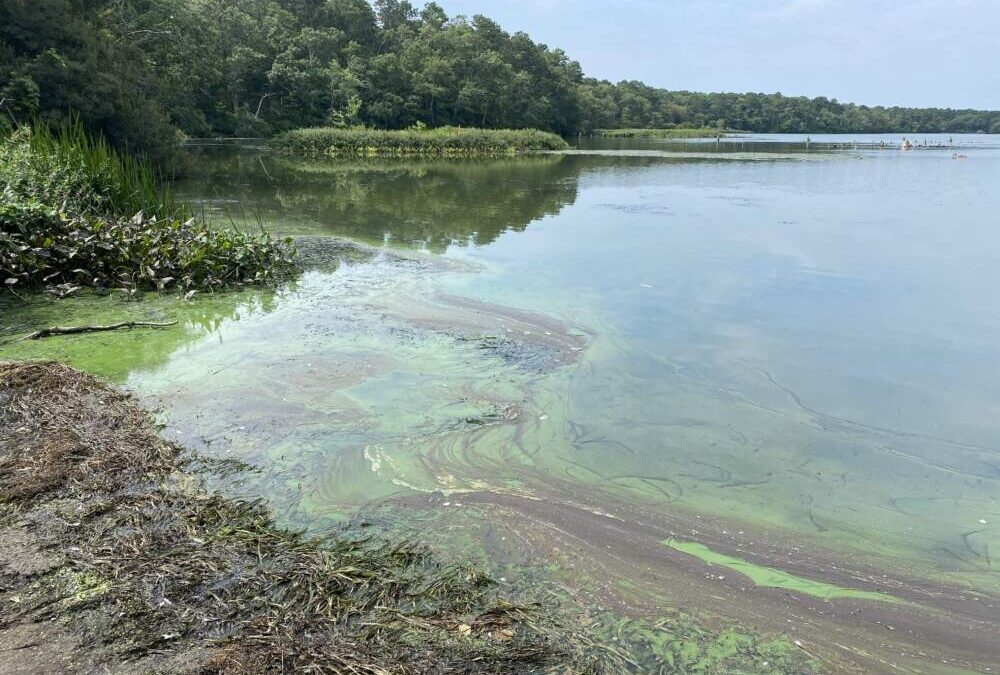
Water quality ‘unacceptable’ for 90% of Cape Cod’s coastal bays
Ninety percent of Cape Cod’s coastal bays and more than a third of its ponds have “unacceptable” water quality. That’s according to the nonprofit Association to Preserve Cape Cod’s annual State of the Waters report, released Wednesday.
Cape Cod’s bays and ponds are polluted with excess nitrogen and phosphorous from lawn fertilizer, stormwater runoff, and — mostly — untreated wastewater leaching out of septic systems. The excess nutrients feed the growth of invasive weeds and toxic algae.
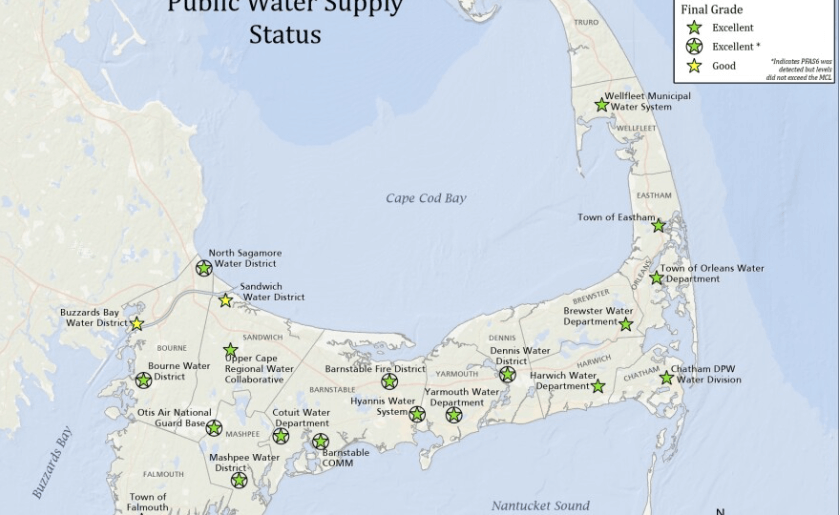
Cape Cod’s drinking water mostly ‘excellent,’ ponds and embayments mostly ‘unacceptable’: new report
The quality of drinking water from water supplies across Cape Cod remains mostly excellent, but a significant number of ponds and embayments continue to have unacceptable water quality, according to a new report.
Today, the Association to Preserve Cape Cod (APCC) released its fifth annual State of the Waters report, which has compiled thousands of data points from towns, organizations, and other sources across the region.
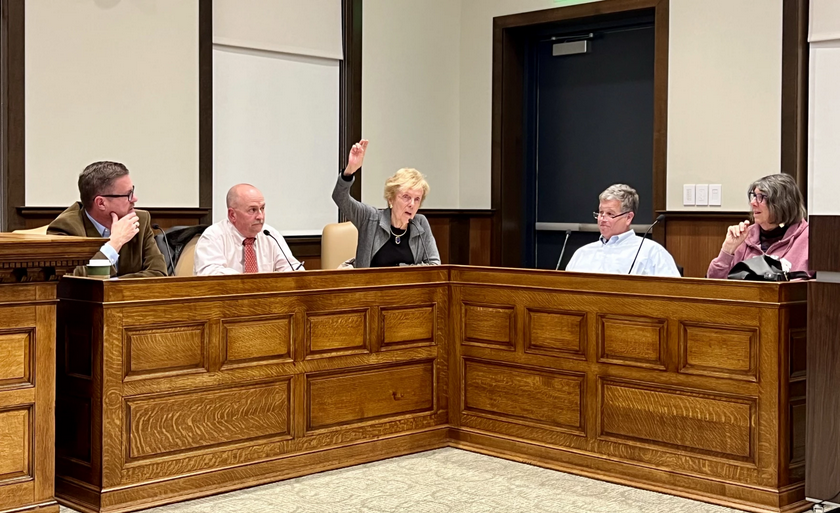
Pilgrim’s 1M gallons of radioactive water could evaporate in seven years
Decommissioning of the Pilgrim Nuclear Power Station could take eight years longer than expected six months ago. Owner Holtec International has announced its second four-year delay since May, and the delay could have big implications for the disposal of radioactive water that remains in the plant.
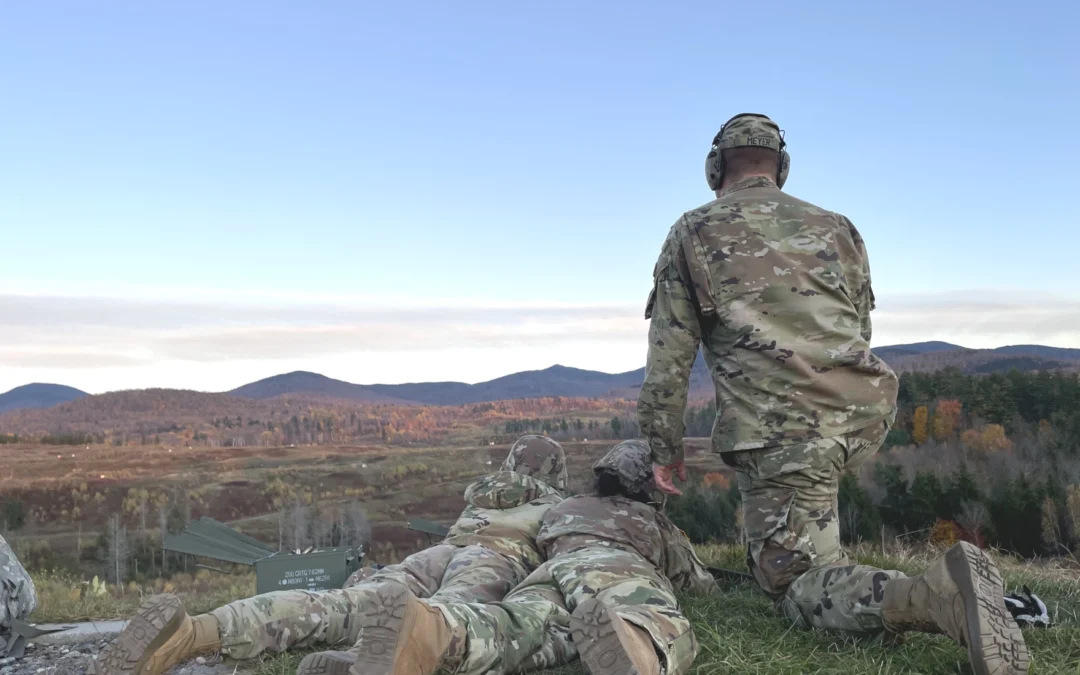
Guard gets bids to build machine gun range despite challenges
Despite pending state and federal reviews and community pushback, the Massachusetts Army National Guard is apparently pressing ahead with plans to build a machine gun range on Joint Base Cape Cod — raising concerns for at least one local environmental group.

National Guard Receives Two Bids For Gun Range Over Estimated Cost
Documents from the US Environmental Protection Agency show that the Massachusetts National Guard has received two contractor bids for its proposed multipurpose machine gun range on Joint Base Cape Cod, both of which were well above the Guard’s estimated cost of the project.
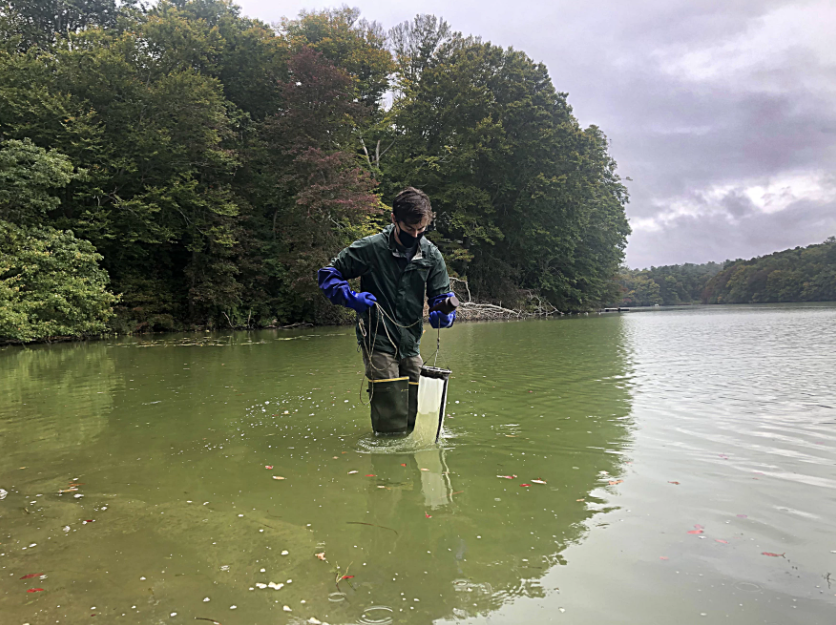
WCAI: Cape Cod is seeing more toxic algae blooms; here’s what you can do to stay safe
Experts are warning that many more ponds could be closed this summer compared to past years, that’s because toxic blue-green algae blooms seem to be getting worse: affecting more ponds, for longer periods.
CAI’s climate and environment reporter Eve Zuckoff has been trying to figure out why and what you can do to stay safe. She talked with Morning Edition Producer Brian Engles. Here’s their conversation.
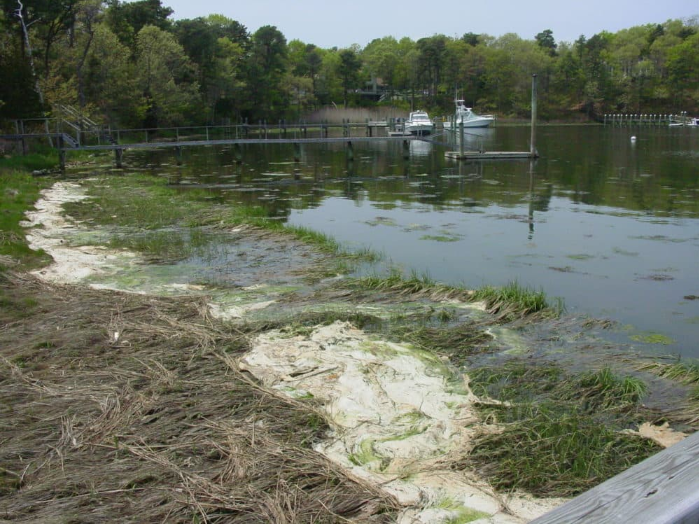
WBUR: New state rules mean thousands of Cape Cod homeowners may need to replace septic systems
New state regulations finalized today will require thousands of Cape Cod residents to replace or upgrade their septic systems, unless local water districts come up with plans to mitigate nitrogen pollution.
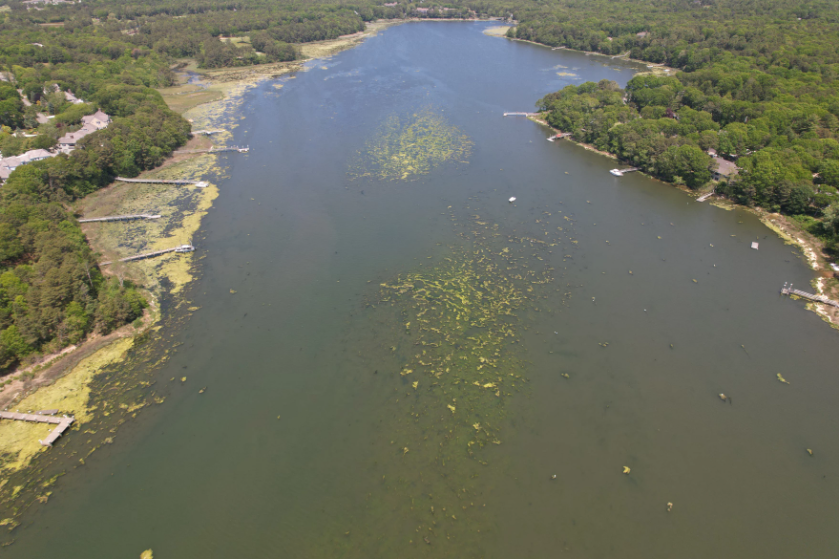
WCAI: Mashpee residents push town leaders to act on water quality
Susan Dangel with the citizens group Save Mashpee Wakeby Pond Alliance screened recent aerial footage of Mashpee River and Shoestring Bay at this week’s Mashpee select board meeting.

The Boston Globe: Rethinking Joint Base Cape Cod, and Christie’s going after Trump
Should state officials rethink the National Guard base on Cape Cod? So the federal prosecution of Jack Teixeira, the Massachusetts Air National Guardsman accused of leaking military secrets online, continues; the latest development is that the judge allowed him to add a third lawyer to his defense team, an attorney with experience in national security cases.
Looking for older news?
We created an “In The News” archive page with APCC news mentions prior to 2019.

